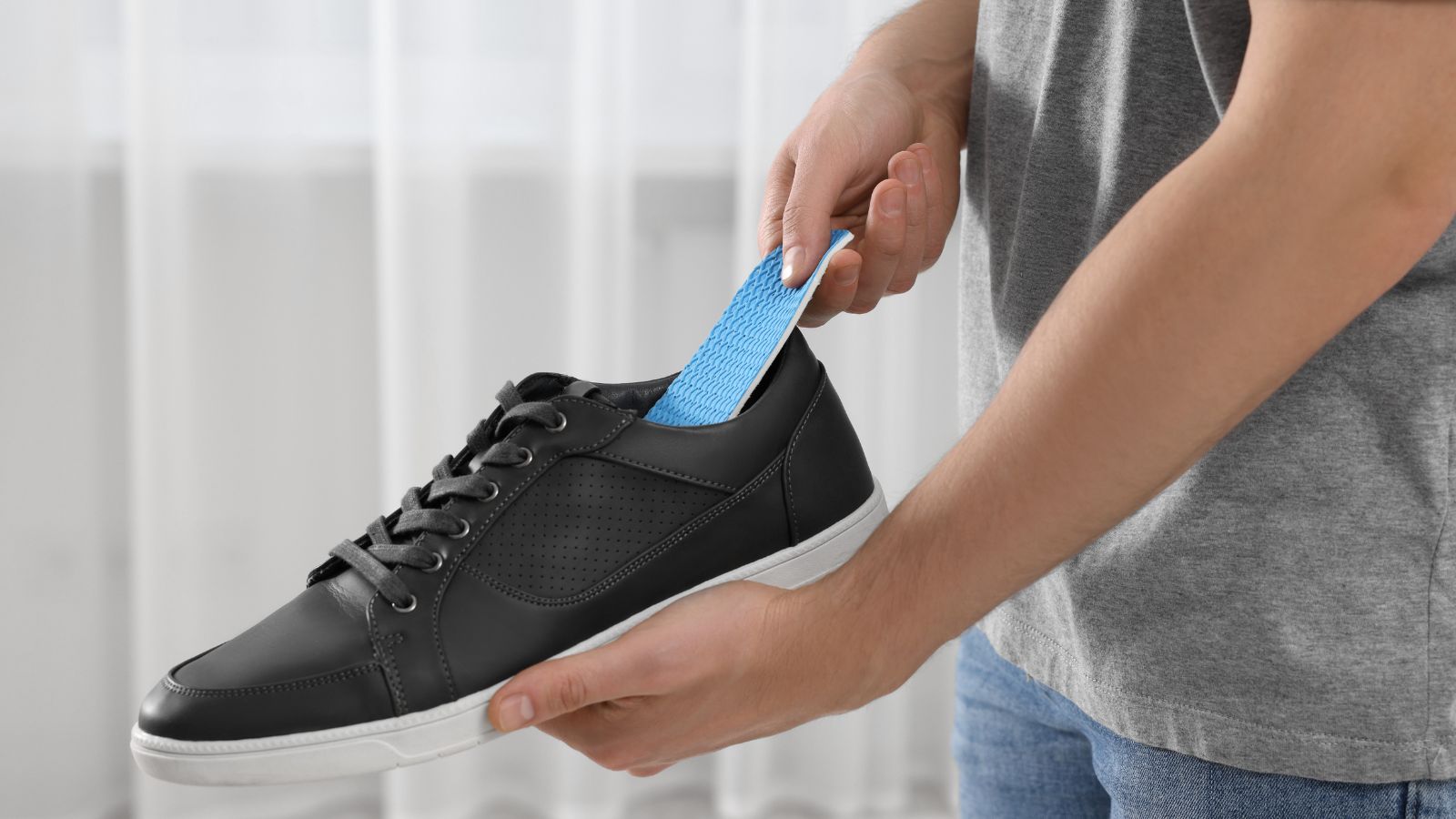In the high-stakes world of competitive sports, a dedicated sports medicine team is an athlete’s secret weapon. They’re the unsung heroes who keep athletes at the top of their game, ensuring they’re fit, healthy, and primed for peak performance.
This team of medical professionals specializes in preventing, diagnosing, and treating sports-related injuries. They’re the lifeline for athletes, helping them recover quickly and safely from injuries, and guiding them on the path to optimal health and performance.

Sports Medicine Team
A Sports Medicine Team’s crucial role extends beyond the diagnosis and treatment of sport-related injuries, encompassing a range of responsibilities tailored towards boosting the performance and health of athletes.
Key Responsibilities and Goals
The sports medicine team embraces numerous responsibilities with their ultimate goal being to safeguard the athletes’ health. Firstly, they meticulously implement preventative measures to reduce the risk of injuries. For instance, they conduct routine medical check-ups and ensure personalized conditioning programs are in place. Secondly, they manage injuries when they do occur, providing immediate on-field care, facilitating speedy recovery practices, and devising return-to-play strategies. Lastly, they strive for performance enhancement, advising on nutrition, sleep, and training regimes to optimize an athlete’s overall fitness and capabilities.
The sports medicine team boasts a multidisciplinary lineup of experts coherent in their objective to support athletes. This roster typically includes sports doctors, orthopedic surgeons, physical therapists, athletic trainers, nutritionists, and sometimes psychologists. Each member contributes a specialized skill set. For example, a sports doctor diagnoses and treats injuries, an orthopedic surgeon may perform necessary surgeries, physical therapists assist with recovery, athletic trainers construct conditioning programs, nutritionists advise on optimal nutrition, and psychologists help address mental aspects of performance and recovery.

Essential Skills in Sports Medicine
In the realm of sports medicine, certain skills stand out for their importance. The sports medicine team, thus, relies heavily on these skills to provide comprehensive care to athletes.
Physical Therapy Expertise
Key to sports medicine, physical therapy proficiency plays a prominent role. Therapists possess extensive knowledge in human physiology and kinematics. They are capable of designing, implementing, and monitoring rehabilitation programs. For example, a tailored training regime helps an athlete recovering from an ACL tear to regain strength, mobility, and confidence. Nevertheless, it’s also important they possess excellent interpersonal skills, a prerequisite for gaining an athlete’s trust and commitment to the rehabilitation process.
Diagnostic Skills
The sports medicine team relies heavily on diagnostic prowess. Accurate and timely diagnosis of sports-related injuries prevents further complications, facilitating prompt treatment. For example, an orthopedic surgeon uses imaging techniques like MRI and X-ray to diagnose a hairline fracture and initiate immediate care, reducing recovery time. Additionally, this requires a deep understanding of various medical conditions, injury mechanisms, and diagnostic tools to ensure efficient management of the athlete’s health condition.

Challenges Faced by Sports Medicine Teams
Despite their expertise, sports medicine teams encounter several hurdles that complicate the athlete’s healthcare process. From managing diverse injuries to ensuring impeccable interdisciplinary collaboration, these challenges require a heightened level of attention and skill.
Handling Diverse Injuries
Sports medicine teams often deal with a broad spectrum of injuries, posing a significant challenge. Tendon ruptures, sprains, bone fractures, concussions – all these injuries, and more make regular appearances in the field. For instance, while a football player may present with traumatic brain injury, a tennis player might be struggling with a rotator cuff tear. The diversity in the presentations makes diagnosing and treating injuries a daunting task. It compels the sports medicine team to continuously update their knowledge, learning about the latest advancements in treating various sports-related injuries.
Interdisciplinary Collaboration
Ensuring seamless interdisciplinary collaboration is another challenge faced by sports medicine teams. These teams typically consist of orthopedic surgeons, physical therapists, sports psychologists, nutritionists, and athletic trainers. Each member plays an integral role in the athlete’s healthcare process, and synchronizing their efforts proves to be a logistical hurdle.

